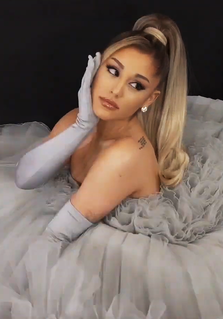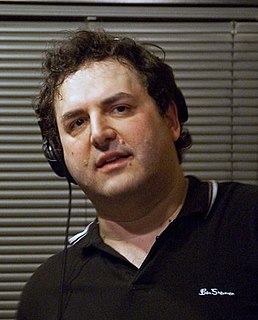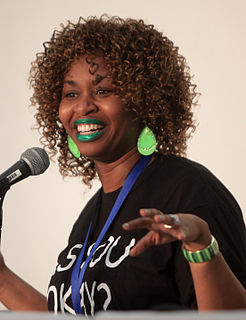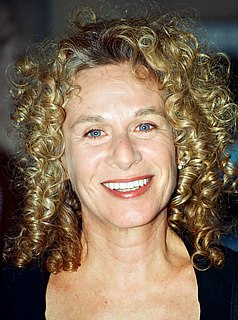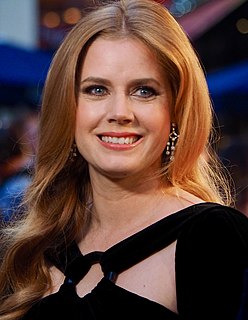A Quote by J. B. Smoove
I have my website, The Ruckus, which is an Internet site, similar to the Funny or Die format, where people post funny videos. I get a chance to rate their videos; they get a chance to blog and kick it with me.
Related Quotes
What I realized with Funny or Die is that I could take it into my own hands. On a much smaller scale, I think these videos are an accurate representation of who I am. As weird as they may be, I'm at least proud of them, and it showed that I do have a slightly different voice. I can't tell you how often people bring up these videos in interviews, and I'm so happy to talk about them because we created them from the ground up.
People are getting careers from YouTube and uploading videos. And they're totally different - you can't necessarily be funny on a video, and then all of a sudden you're live in a theater. You don't have the tools yet. It's a lot more involved to go from being funny on a little iPhone screen to being live in front of people and being funny.
There is a saying that if you get something for free, you should know that you're the product. It was never more true than in the case of Facebook and Gmail and YouTube. You get free social-media services, and you get free funny cat videos. In exchange, you give up the most valuable asset you have, which is your personal data.

